Keywords: Great War
There are more than 200 results, only the first 200 are displayed here.
-
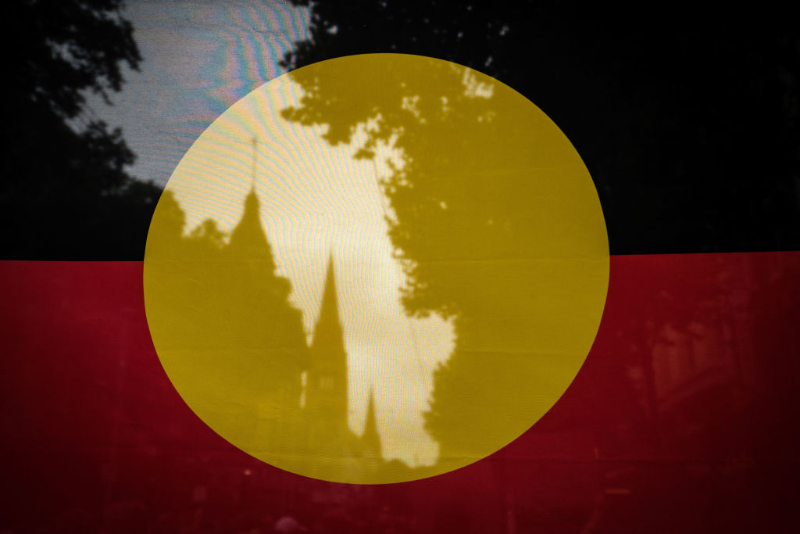
AUSTRALIA
- Dean Ashenden
- 03 May 2022
6 Comments
The danger is that unless commissions and inquiries are accompanied by other ways of telling other truths they will inadvertently help to shrink that national story into the story of victims who in fact have never been only victims, and of unmentioned perpetrators who in fact have never been only perpetrators. They risk preaching to a more-or-less converted majority and to an implacably unconverted minority.
READ MORE 
-
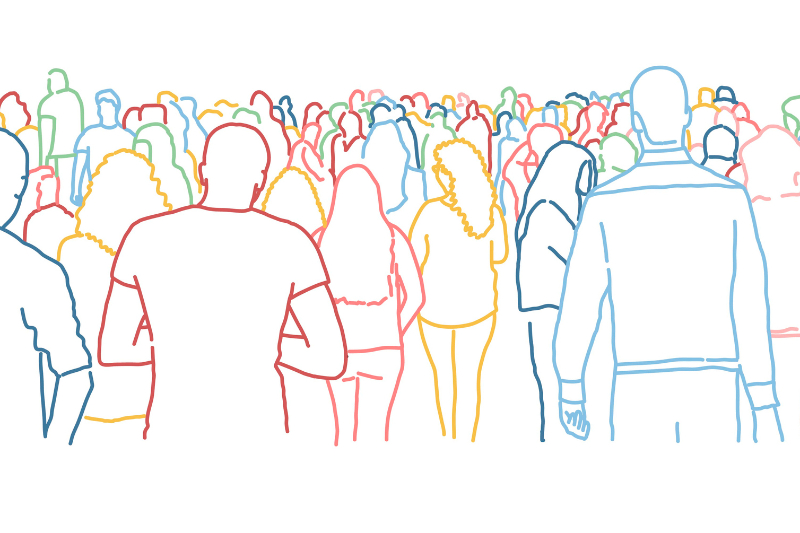
RELIGION
- John Warhurst
- 26 April 2022
22 Comments
The Church must speak up to be relevant, but those who seek to ‘speak for the church’ must be brave. They risk exposing themselves to claims of bias unless they stick to a very narrow agenda and speak in extremely measured terms. Yet if they are too bland they risk being irrelevant to the sharp end of political debate and their intervention becomes little more than a symbolic ritual.
READ MORE 
-
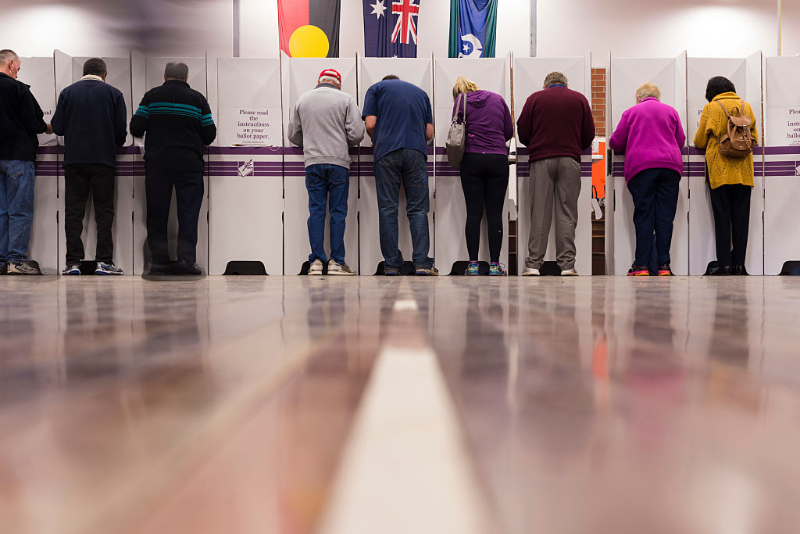
AUSTRALIA
- Binoy Kampmark
- 21 April 2022
7 Comments
Few sights are more desperate than old political parties on the run. In this Australian federal election, the challenge from independents and smaller parties has sparked a nervous reaction, much of it negative and most of it misplaced.
READ MORE 
-
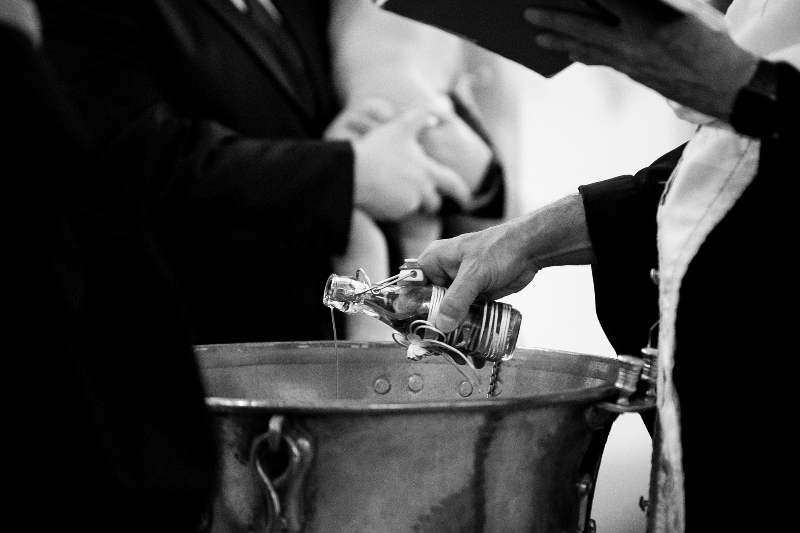
INTERNATIONAL
- Gillian Bouras
- 21 April 2022
9 Comments
The lives of migrants often consist of divisions and collisions at the border between the old life and the new. But sometimes both lives come together in unexpected ways, and one such conjunction is about to happen to me. On Anzac Day my granddaughter will join the great flow of Orthodoxy, but I hope one day she will know about her little trickle of Australian blood.
READ MORE 
-
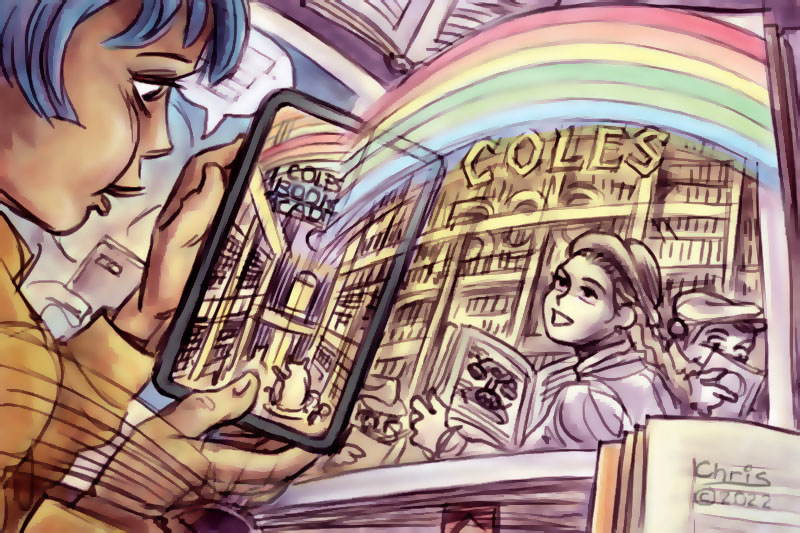
ARTS AND CULTURE
- Cherie Gilmour
- 19 April 2022
6 Comments
Edward Cole understood that books encouraged community. The businessman could rub shoulders with the tramp in his Arcade. Now, in an age of division and isolation, more than ever we need spaces which facilitate community; light-filled cathedrals dedicated to the love of knowledge and stories, and their power to cross borders, politically, ideologically and culturally.
READ MORE 
-

AUSTRALIA
- Andrew Hamilton
- 13 April 2022
11 Comments
In our culture, Easter celebrates the benignity of the ordinary. It is a time for getting together with family, for going away to bush or beach, and in southern states a time of mild weather ideal for watching big football matches and other sport. The important question raised now by Easter is whether the meanings of Australian Easter, and indeed those available to our secular society, have the depth needed to handle our present predicaments.
READ MORE 
-
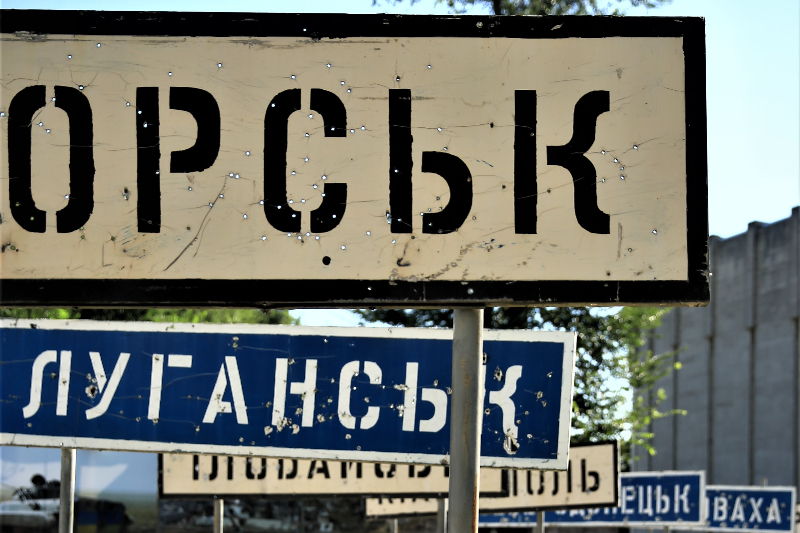
ARTS AND CULTURE
- Catherine Marshall
- 12 April 2022
4 Comments
The country’s most recent conflict — ongoing skirmishes with Russian-backed separatists in Crimea, Luhansk and Donetsk, just 230km east of here — had been memorialised at an open-air exhibition: a latticework of bronze flowers had been superimposed upon an ambulance wrecked in battle; bullet-ridden place names from affected villages were lined up like a column of condemned POWs.
READ MORE 
-
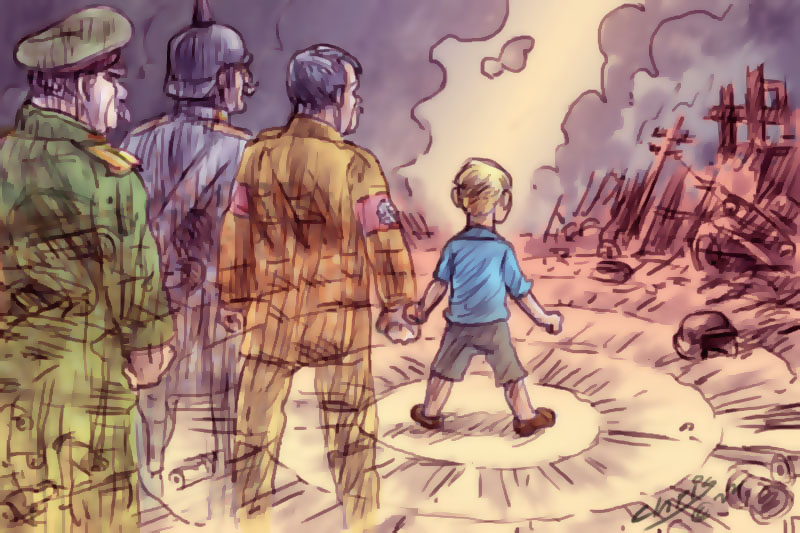
INTERNATIONAL
- Gillian Bouras
- 31 March 2022
19 Comments
People who understand more about international affairs than I do tell me that the Ukrainian/Russian matter is complex, but to me the matter seems simple enough, involving the obsessions of a powerful man, and the suffering of an innocent population. As usual, it is the women and the children who are bearing the brunt of the conflict, while President Putin remains supremely indifferent to their fate. And, as so often, I wonder what makes him tick.
READ MORE 
-
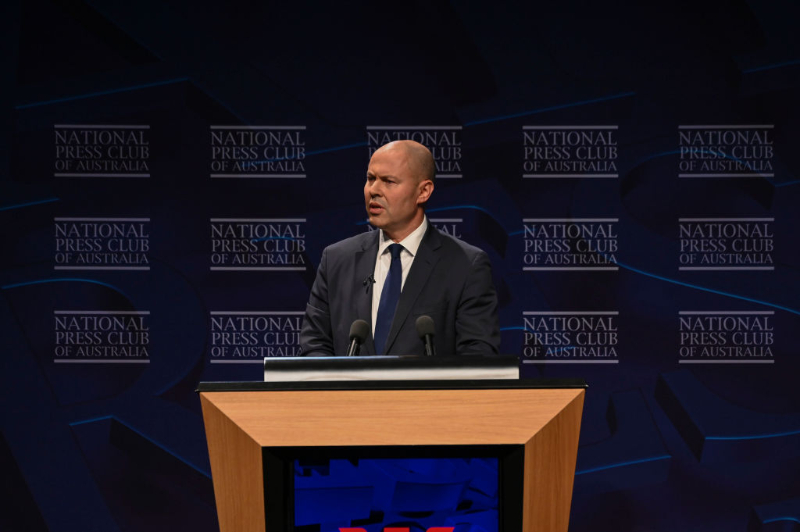
ECONOMICS
- Julian Butler
- 31 March 2022
1 Comment
In 2020 as the Covid-19 pandemic raged globally, as Australia shut its borders and some states shut in their people, massive government income support was introduced. The government was a little slow coming to recognise the need for such measures. Once they had, they wanted the support rolled out as quickly as possible. Frydenberg, Scott Morrison and their colleagues recognised that a demand side boost was absolutely necessary to sustain economic activity. The government was uncomfortable, though, with this approach.
READ MORE 
-
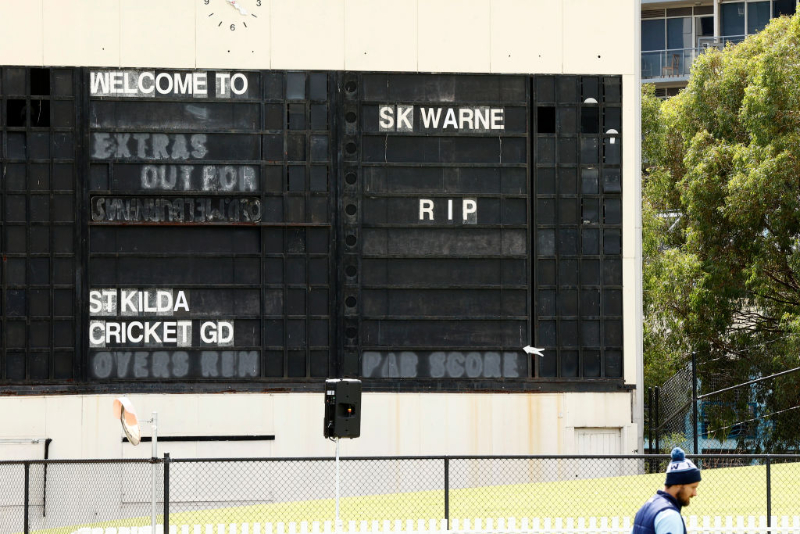
RELIGION
While we have been (barely) coping with a pandemic and natural disasters, the death of a larger-than-life figure like Shane Warne — an ordinary-bloke-cum-sporting-legend, an ever-present companion to Australian audiences, and seemly untouchable — has really brought home the fragility of life. It has drastically reminded us of our mortality: that we don’t live forever.
READ MORE 
-
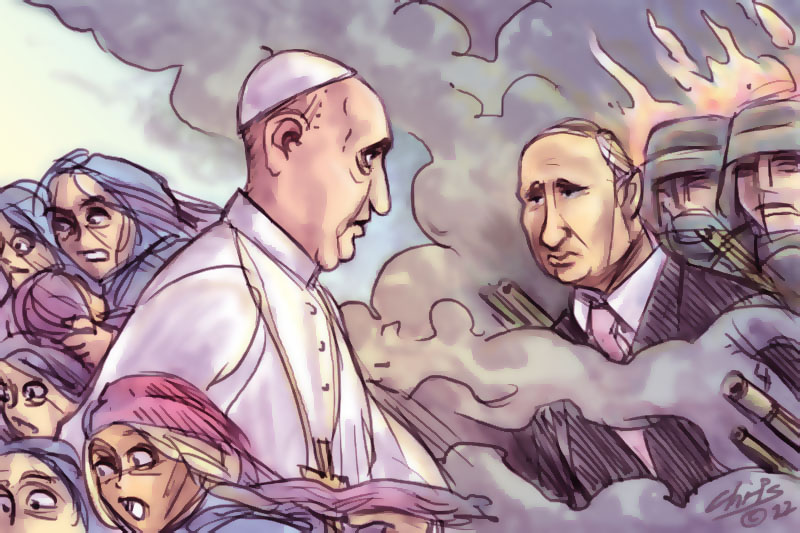
RELIGION
- Miles Pattenden
- 15 March 2022
19 Comments
Even as he sustains the papacy’s now traditional opposition to all forms of war and its emphasis on the extreme suffering war brings, especially to the innocent, Pope Francis has, in recent weeks, taken a different, more partisan approach which he and others must feel is justified.
READ MORE 
-
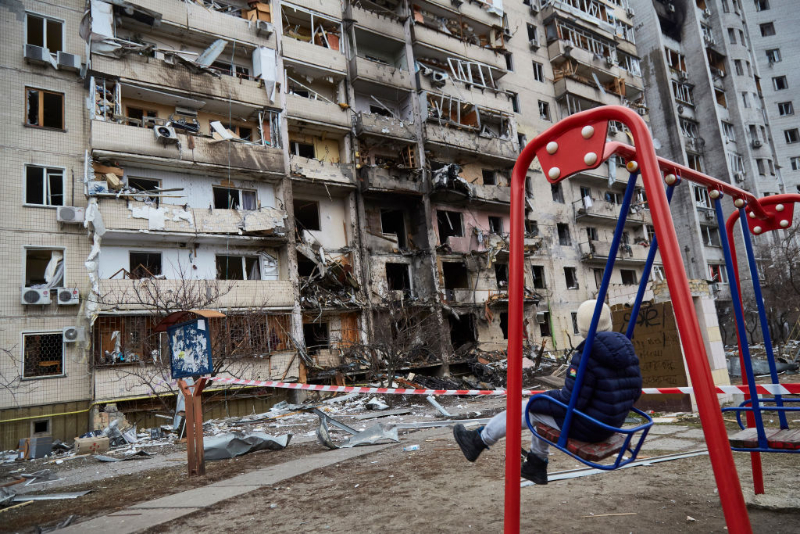
INTERNATIONAL
- Andrew Hamilton
- 08 March 2022
19 Comments
In the face of the horrors of invasion it is natural to be fascinated by the destructiveness of war and to immerse ourselves in military and political strategies. It is also natural to feel helpless and angry at the destruction of human lives, of cities and freedoms, and from a distance to barrack for one side and against the other. We attribute blame and praise, weigh causes and justifications, and divide the world into friends and enemies.
READ MORE 